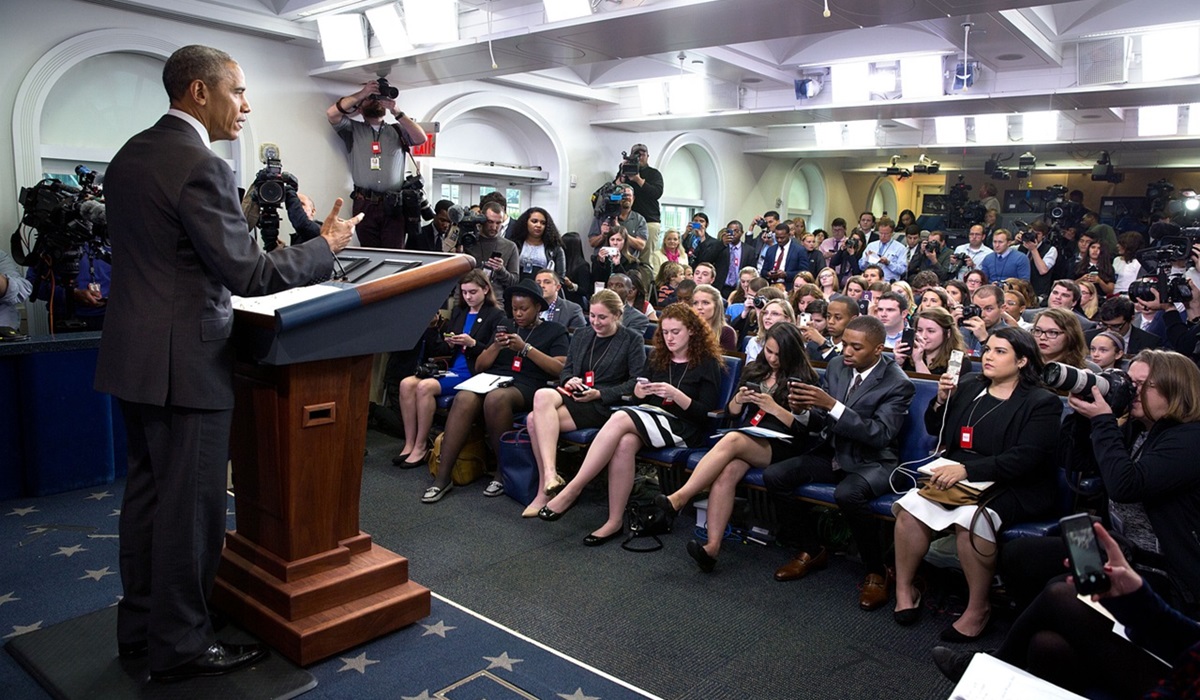Image Credit, Carlos Aranda
In corporate welfare, few stories are as infuriating as the misuse of government subsidies by large corporations. Over the past decades, taxpayers have repeatedly bailed out industries deemed “too big to fail,” with promises that these funds would foster innovation, preserve jobs, and ensure long-term viability. However, the reality has been starkly different. Instead of investing in research and development (R&D) or retaining employees, many corporations have squandered billions on stock buybacks, executive bonuses, dividends, golden parachutes, and extravagant corporate retreats. This betrayal of public trust has left consumers and employees disillusioned, yet the cycle of greed and political complicity continues unchecked.
During financial crises, governments have stepped in with massive bailout packages, justified as necessary to save jobs and stabilize the economy. Despite the infusion of taxpayer money, the promised benefits to the broader economy and the workforce often fail to materialize. Instead, corporations have prioritized financial self-gratification. Stock buybacks, which artificially inflate share prices and executive compensation, have become the norm. These maneuvers enrich a select few at the expense of many, doing little to enhance long-term competitiveness or stability.
Executives who should be held accountable for poor decision-making instead reward themselves with lavish bonuses and golden parachutes, often funded by taxpayer dollars. This pattern of prioritizing executive enrichment over corporate responsibility is pervasive. Executives receive multi-million-dollar severance packages even after their companies have been bailed out, exacerbating public outrage and undermining trust in corporate governance.
Adding insult to injury, corporate executives indulge in extravagant retreats at luxury resorts while workers face layoffs, reduced hours, and frozen wages. These opulent getaways symbolize the stark disconnect between leadership and the workforce, highlighting a broader culture of entitlement and impunity. Such excesses are morally indefensible and exemplify the misuse of public funds.
Despite promises from officials to curtail these abuses, meaningful accountability remains elusive. Political rhetoric often touts stricter oversight and conditions for corporate aid, but these measures are rarely enforced. Elected officials frequently turn a blind eye to corporate excesses, driven by the hope that some of the wealth will trickle back into their campaign coffers. This cozy relationship between corporate America and political power perpetuates a cycle of subsidy and squander.
While executives and shareholders benefit from government largesse, the real costs are borne by consumers and employees. Workers see job security erode, wages stagnate, and benefits diminish. Consumers face higher prices and a lack of innovation as companies fail to invest in the future. The reluctance to embrace meaningful change, such as developing affordable, efficient technologies, is a direct consequence of misplaced priorities and misallocated resources.
The misuse of government subsidies is a cautionary tale about the perils of unchecked corporate power and political complicity. Without rigorous oversight and genuine accountability, public funds intended to promote the common good can easily be diverted to serve narrow, private interests.
True reform must go beyond rhetoric. Subsidies should come with stringent, enforceable conditions requiring investment in R&D, job retention, and corporate responsibility. Violations should be met with severe penalties, including the clawback of funds and the imposition of fines.
Moreover, there must be a cultural shift within both corporate and political spheres. Corporate leaders must recognize their responsibility to employees, customers, and society. Politicians must prioritize the public interest over campaign contributions and special interests.
It’s time for an era of accountability and transparency, where government subsidies foster genuine innovation and economic stability, rather than enriching a privileged few. Only then can we restore public trust and ensure that corporations contribute meaningfully to the prosperity and well-being of all.









